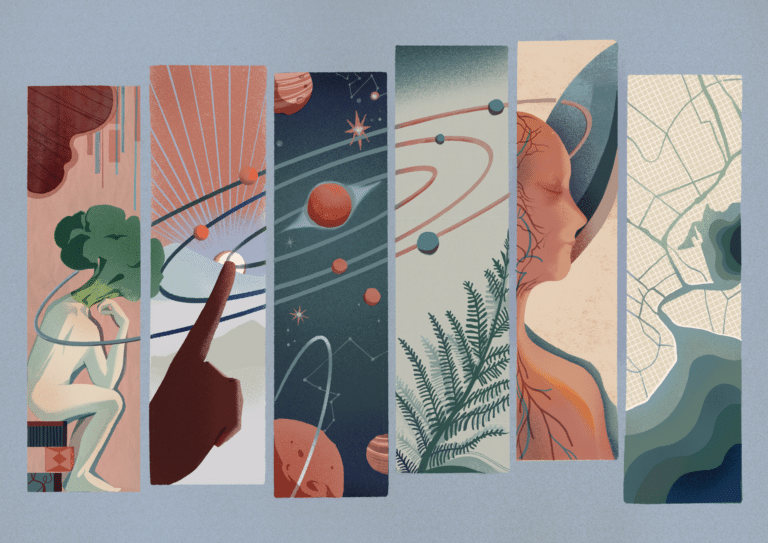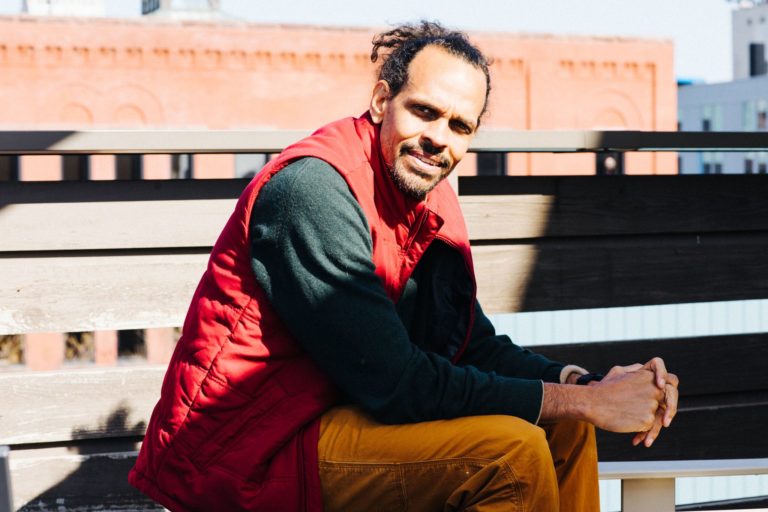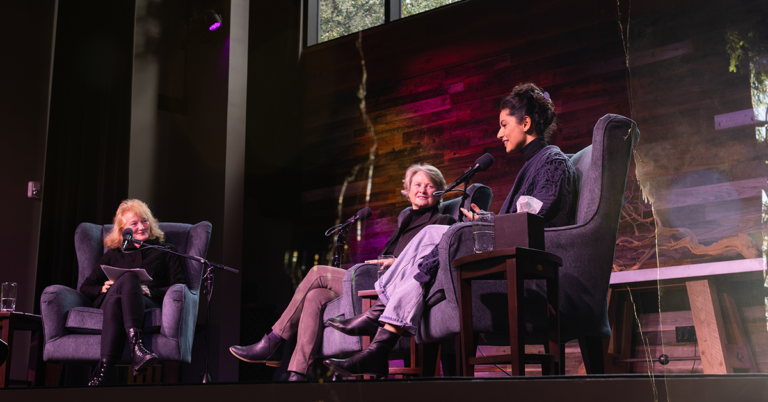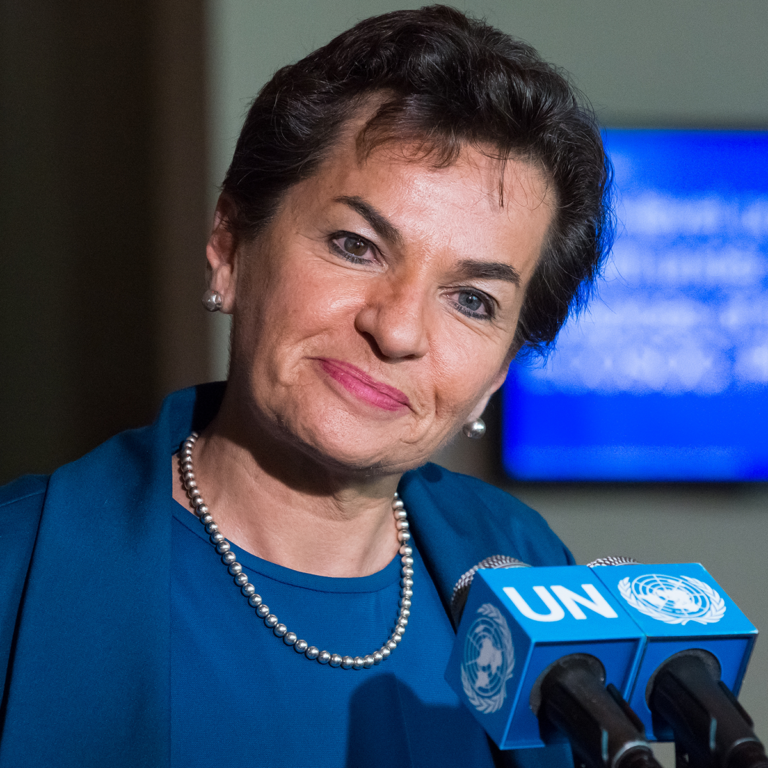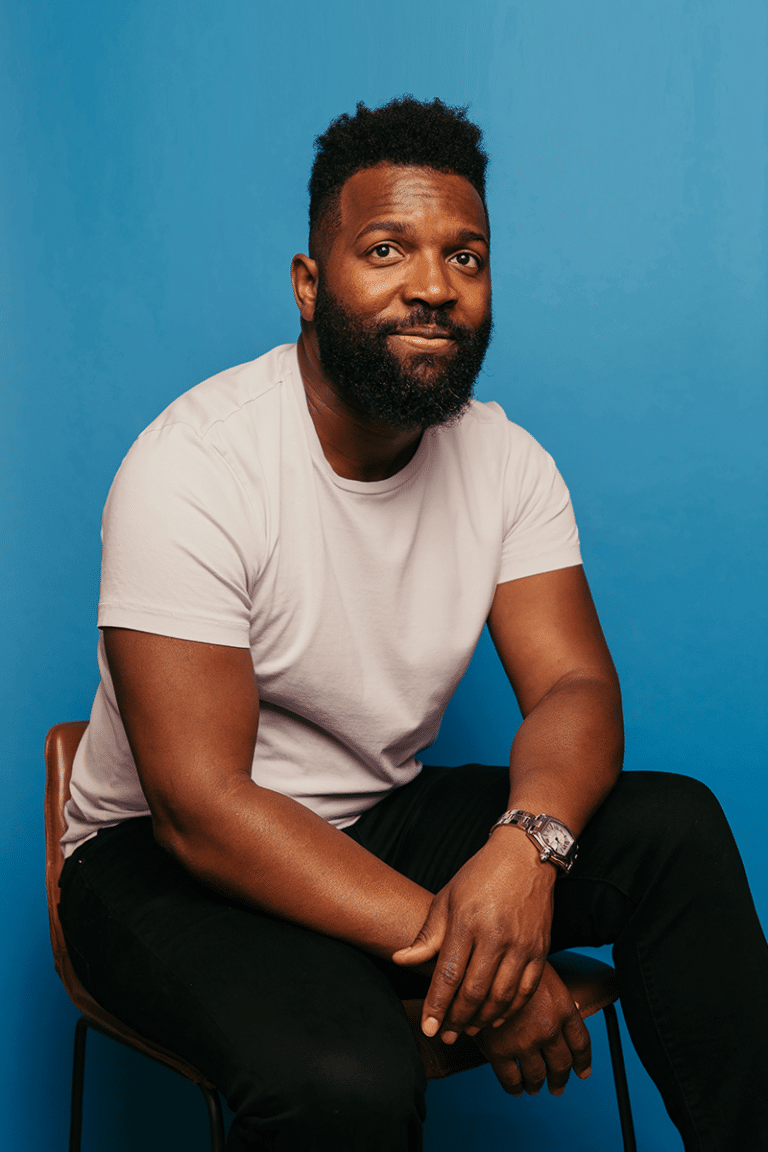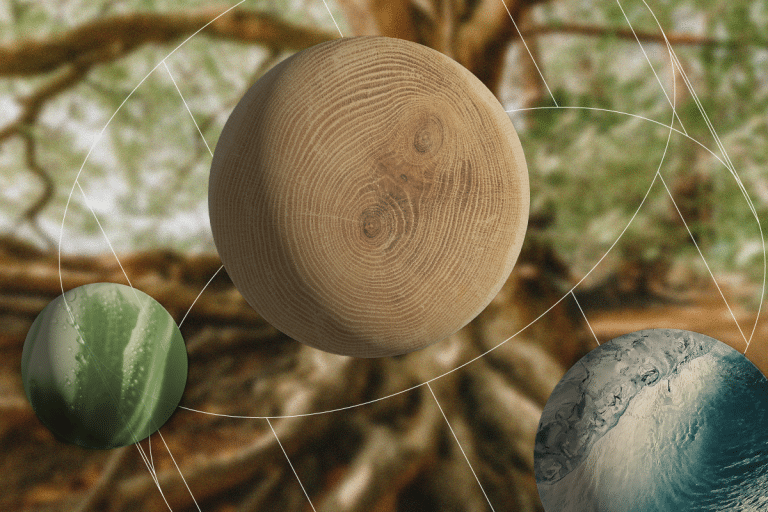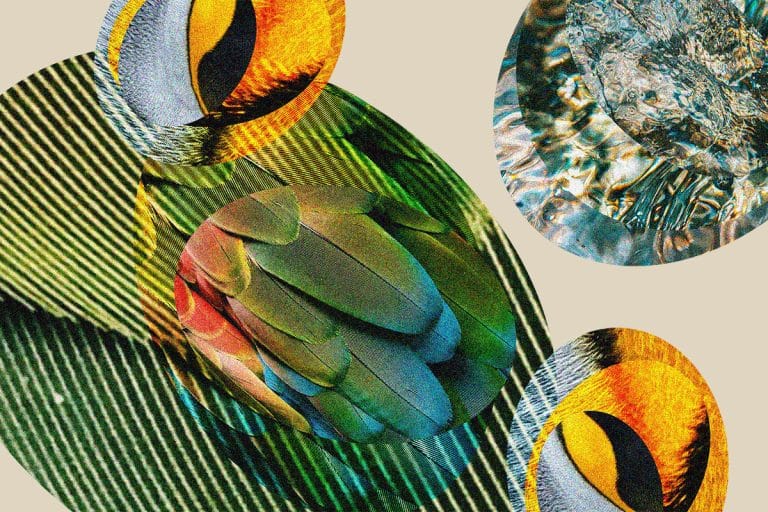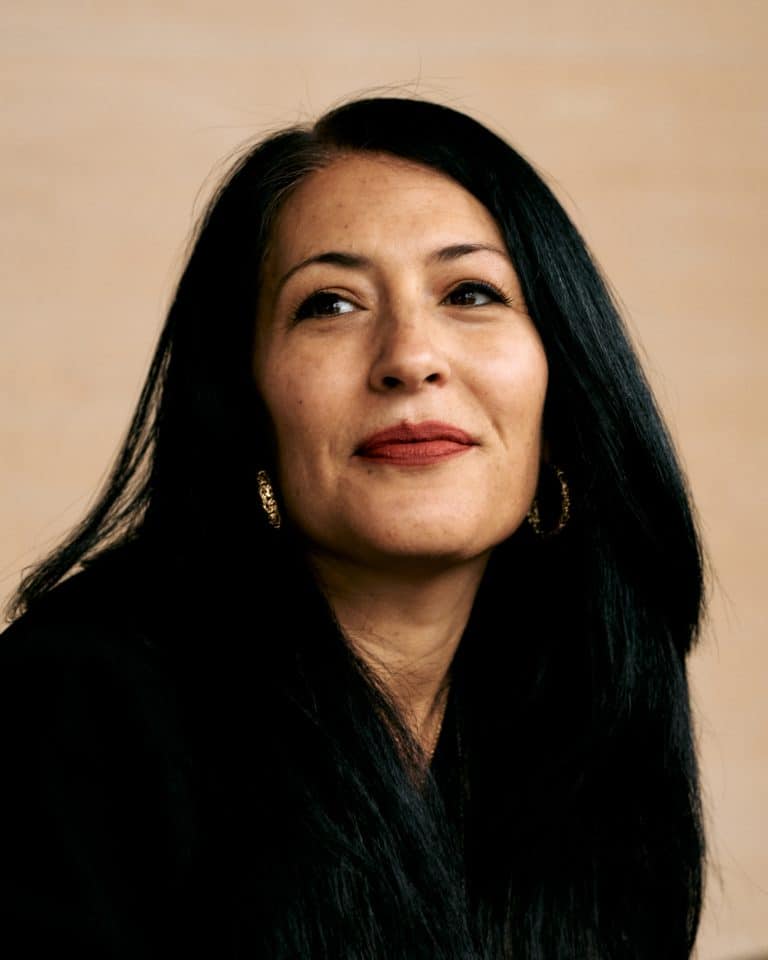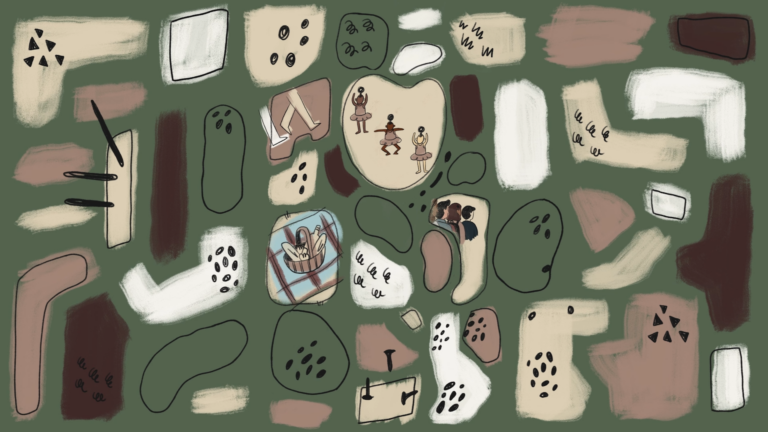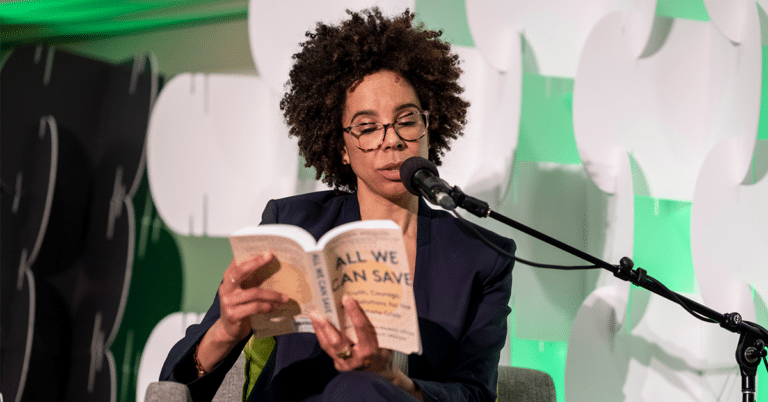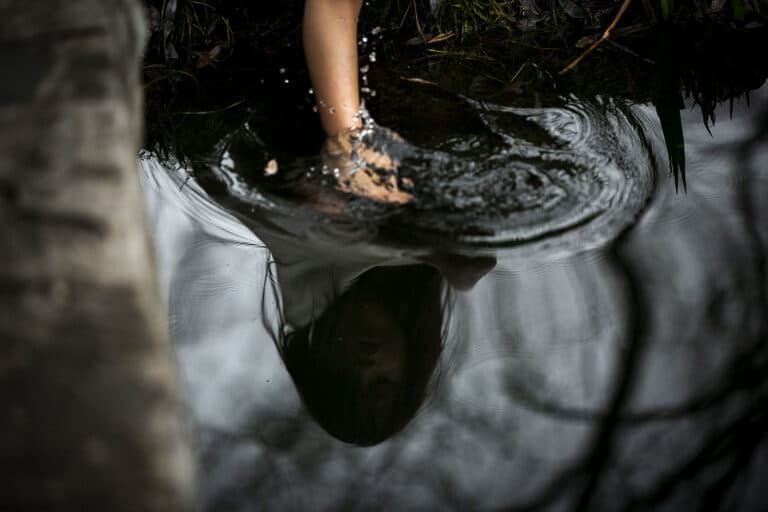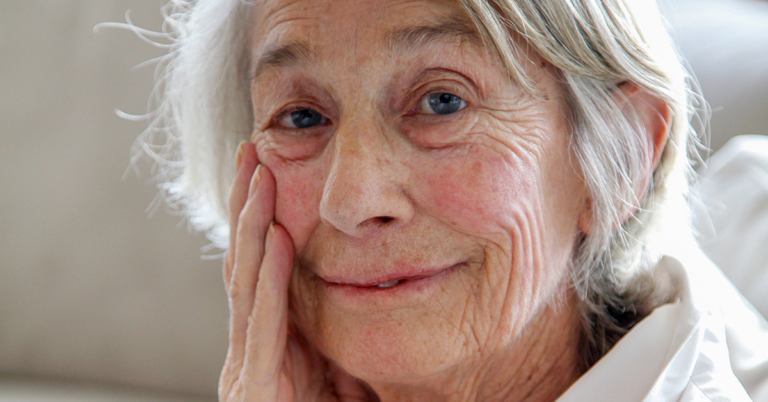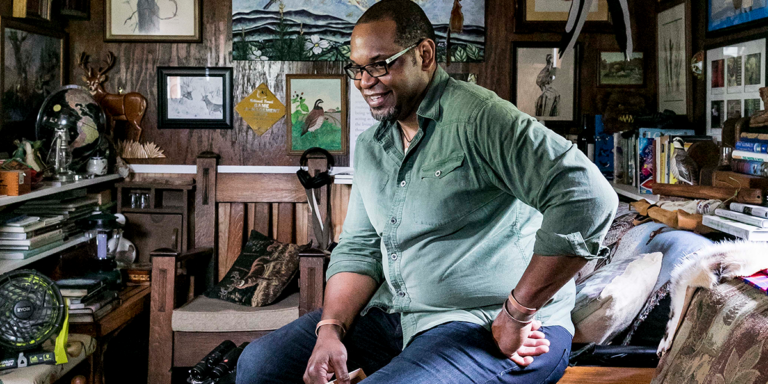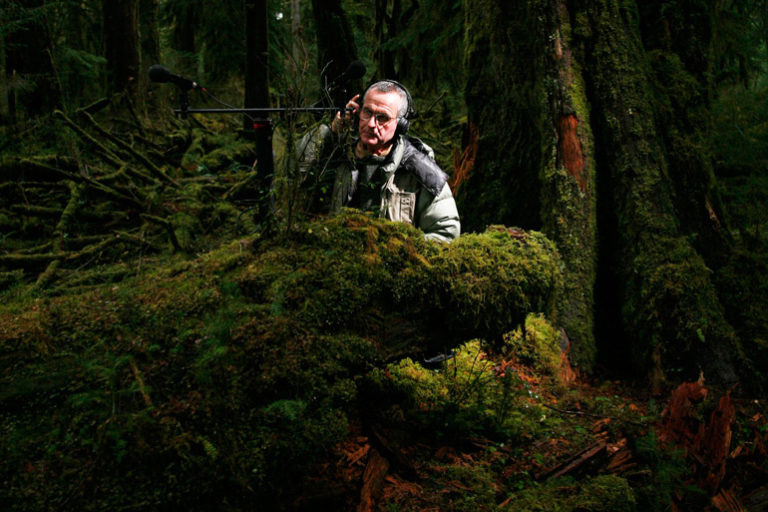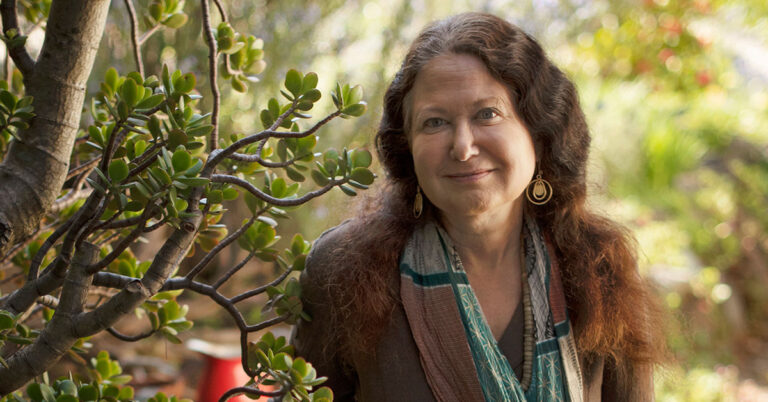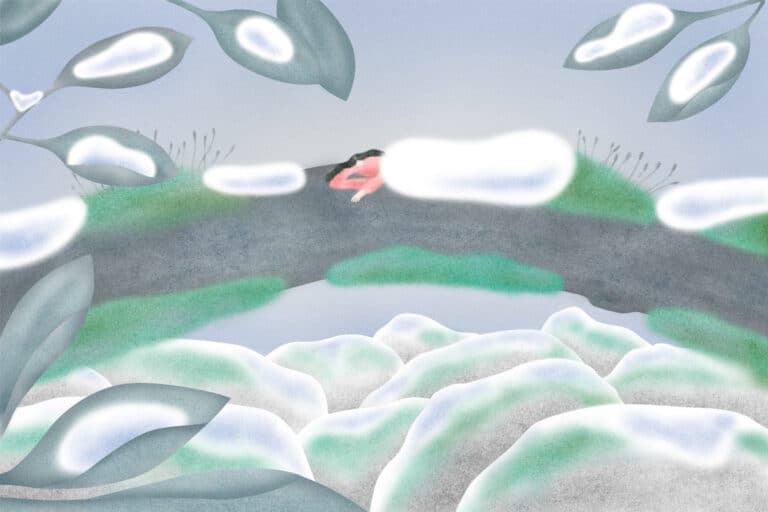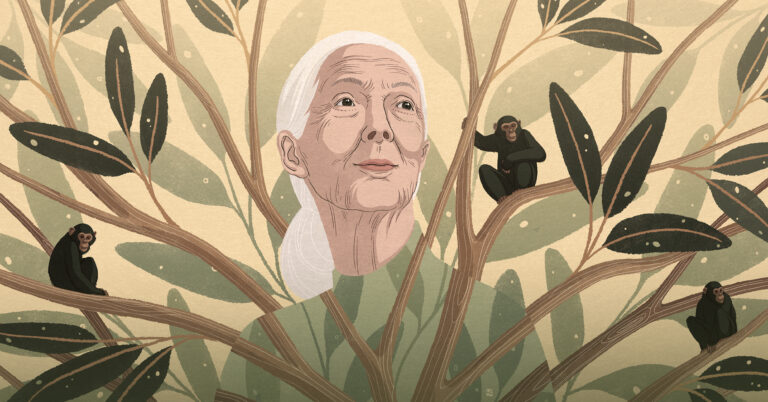November 9, 2023
Christiana Figueres
Ecological Hope, and Spiritual Evolution
The ecological crisis we are standing before is at once civilizational and personal — intimately close to each of us in the places we love and inhabit, and unfolding at a species level. And as much as anyone alive on the planet now, Christiana Figueres has felt the overwhelm of this and stepped into service. She gives voice so eloquently to the grief that we feel and must allow to bind us to each other — and what she sees as a spiritual evolution the natural world is calling us to.
If you have wondered how to keep hope alive amidst a thousand reasons to despair, if you are ready to take your despair as fuel — intrigued by the idea of stepping into love and immediate realities of abundance and regeneration — this conversation is for you.

